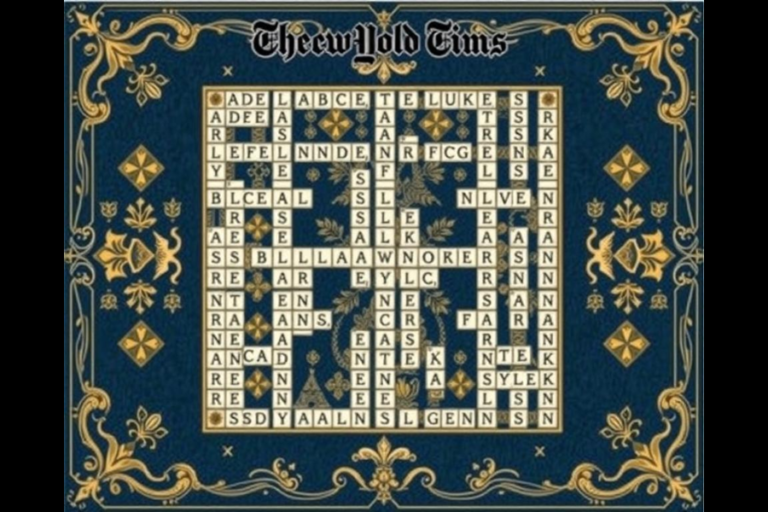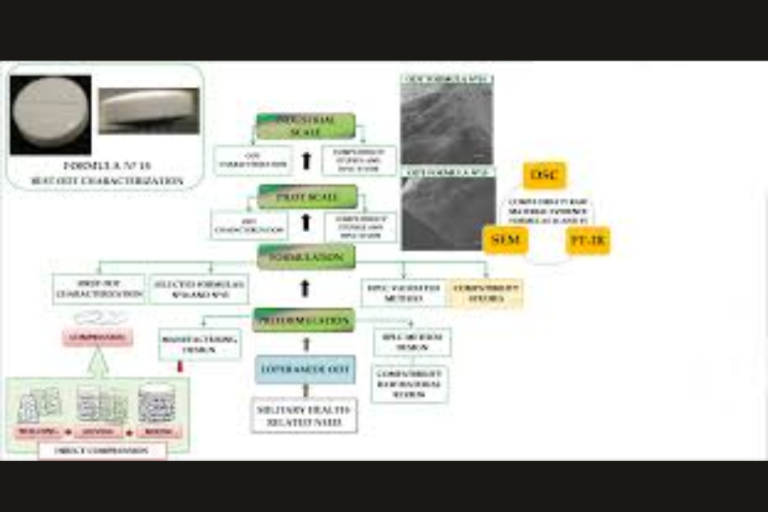Exploring the Depths of Преводеч: A Cultural Journey
Introduction
In a world filled with hidden narratives and rich cultural tapestries, one term often slips under the radar of even the most passionate cultural explorers—преводеч. This guide delves into the origins and significance of преводеч, illuminating its profound impact and multifaceted meaning. Whether you’re a long-time enthusiast or just discovering this captivating concept, this article promises to offer an enlightening exploration.
Essence of Преводеч
Преводеч is more than just a term; it serves as a gateway to a realm teeming with cultural, historical, and social intricacies. Gaining a deeper understanding of its origins can provide insights into a past that continues to shape our present in fascinating ways.
The Origin Story
The roots of преводеч are both intricate and fascinating. A journey into its history reveals a complex tapestry woven from ancient civilizations, linguistic transformations, and cultural exchanges. Initially recorded in historical manuscripts, this term has gradually permeated various aspects of contemporary life, preserving its relevance across the ages.
Linguistic Evolution
The journey of преводеч through different languages stands as a testament to its enduring significance. From ancient dialects to modern vernaculars, the term has adapted and evolved, demonstrating remarkable resilience. This linguistic flexibility has enabled преводеч to maintain its relevance, resonating through generations and transcending cultural barriers.
Cultural Importance
As a cultural treasure, преводеч embodies the values, traditions, and beliefs that characterize diverse societies. Its presence in rituals, literature, and daily practices is profound, offering a unique lens through which we can better understand the ethos of different communities. In many ways, преводеч acts as a cultural anchor, connecting individuals to their shared heritage.
Symbolism and Meaning
At its core, преводеч symbolizes themes of resilience, continuity, and unity. These motifs manifest in various cultural artifacts, from artistic expressions to literary works, where преводеч is often depicted as an emblem of strength and communal harmony. Understanding this symbolism can enrich our appreciation for its lasting importance.
Преводеч in Contemporary Society
Even in our fast-paced modern world, преводеч continues to hold a significant place. It finds new expressions in contemporary art, music, and literature, showcasing its adaptability and timeless allure. Modern artists and writers draw inspiration from преводеч, ensuring that its legacy not only survives but thrives.
Practical Applications
Beyond its cultural and symbolic value, преводеч offers practical insights applicable across various fields. In education, it serves as a rich topic for exploration, fostering critical thinking and cultural awareness among students. Moreover, in community-building efforts, преводеч can provide a framework for promoting unity and resilience.
Educational Impact
Incorporating the study of преводеч into educational curricula can enhance students’ understanding of history and culture. Its multifaceted nature offers abundant material for interdisciplinary studies, merging elements of history, linguistics, and sociology. This holistic approach fosters a deeper awareness of the world and its complexities.
Community Engagement
In community contexts, преводеч can serve as a unifying force, bringing people together through shared values and traditions. Community leaders can utilize the themes embodied by преводеч to cultivate a sense of belonging and mutual respect among diverse populations. This approach can lead to stronger, more cohesive communities.
Преводеч in Art and Literature
Artists and writers have long been inspired by преводеч, drawing on its rich symbolism to create works that resonate deeply with audiences. From visual arts to literary narratives, the influence of преводеч enriches the cultural landscape in profound ways.
Artistic Representations
In the realm of visual arts, преводеч is often depicted through abstract forms, capturing its essence in ways that transcend verbal expression. Artists employ color, texture, and shape to convey the depth and complexity of преводеч, inviting viewers to explore and interpret the artwork.
Literary Reflections
In literature, преводеч frequently serves as a powerful motif, surfacing in narratives that examine themes of identity, resilience, and unity. Authors weave преводеч into their storytelling, enriching their plots with layers of meaning that evoke emotional responses from readers.
Musical and Performance Arts
Musicians and performers, too, find inspiration in преводеч, often integrating it as a theme in their compositions and performances. Through melody and movement, they breathe life into the essence of преводеч, creating immersive experiences that resonate on a deeper emotional level.
Conclusion
In summary, преводеч represents more than just a term; it is a symbol of cultural richness, historical depth, and enduring significance. Its origins and applications offer invaluable insights into human society, making it a subject worthy of exploration and celebration. Whether through education, artistic expression, or community engagement, преводеч continues to inspire and unite, proving its timeless relevance across generations. By understanding and appreciating this term, we can foster a greater connection to our shared human experience.
Stay updated with the latest news and notifications karingkarla






